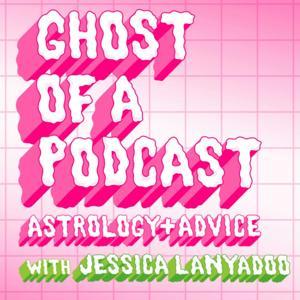What have been the impacts of colonial time on individual well-being and community dynamics? What does it mean to reclaim the state of flow as a birthright? And how can rethinking our perceptions of time enable us to experience life with deeper attunement, responsiveness, and senses of aliveness?
In this episode, Green Dreamer’s kaméa is joined by Ixchel Lunar, an Indigenous-Time Ecologist and medicine guide, who guides us to explore the challenges of burnout in a fast-paced world and the historical context of how colonialism has shaped our perception of time.
Join us as we unravel the historical, biocultural layers of decolonial time, and ask ourselves: In such heavy times often demarcated by urgency, purpose, and overwhelm, what can we learn from slowing down and quieting our minds, honoring space for play and pleasure?
We invite you to…
- tune in and subscribe to Green Dreamer via any podcast app;
- tap into our bonus extended and video version of this conversation on Patreon here;
- and read highlights from these conversations via Kaméa’s newsletter here.
Song features:
- “Time” by Kolinga feat. Booboozzz' All Stars
- “Grandmother (I am the Earth)” by Ayla Schafer




































